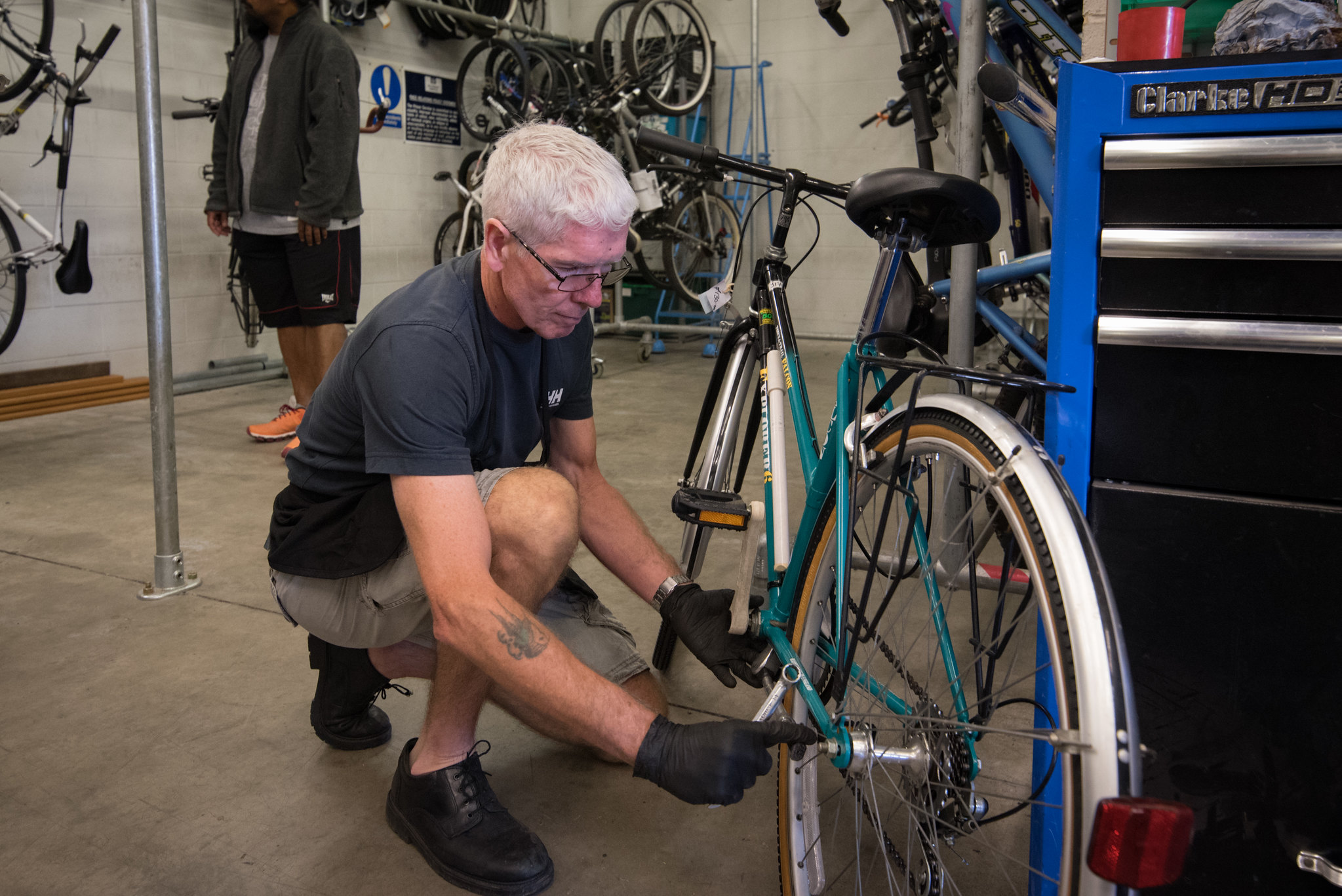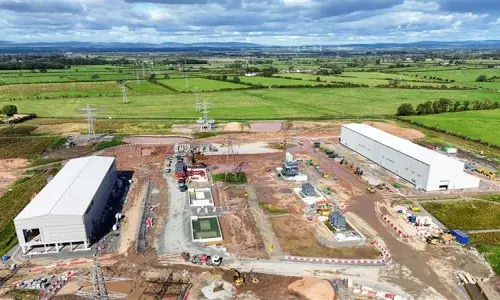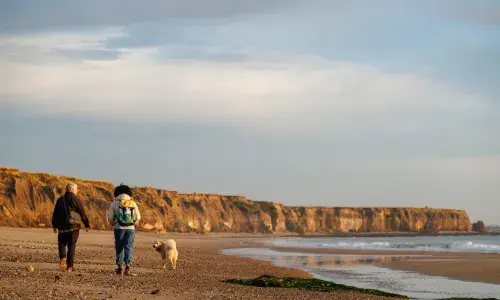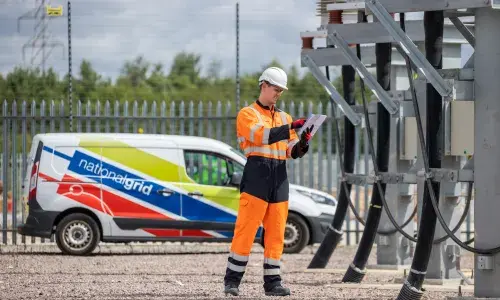
National Grid grants cycling charity £20,000 to help ex-offenders into work and 200 Somerset cyclists get on the road safely
A charity that works to broaden access to cycling has received £20,000 in funding from National Grid’s Hinkley Connection Project. The 57km, high voltage Hinkley Connection between Bridgwater and Avonmouth in the South West, will bring low carbon, homegrown energy to six million homes and business across the UK.
Life Cycle UK, a Bristol-based cycling charity, has been awarded two separate £10,000 grants by National Grid’s community grant fund to support their work to increase access to cycling and provide educational bursaries for inmates at HMP Bristol and people on a low income.
The most recent £10,000 grant has helped 21 people to get into cycling, by providing them with vouchers to purchase refurbished bikes. A further 156 cyclists were given vouchers to buy essential safety equipment, 22 cyclists had their bikes fixed free of charge at one of several 'Dr Bike' events and 19 Avonmouth riders received a free £100 bike service at Lawrence Weston Bike Hub.
Earlier this year, National Grid awarded £10,000 to the charity to provide bursaries that will help inmates at HMP Bristol to complete their cycle mechanic qualifications and secure work following their release. Separate grants were also awarded to support excluded and local people on a low income to study for a fully funded City & Guilds cycle mechanic course.
National Grid, and its contractors, are always seeking opportunities to give back to communities impacted by the Hinkley Connection Project.
Since 2018, National Grid has awarded over £1.1 million in grants to 75 different projects in areas impacted by the Hinkley Connection Project from its Community Grant fund. The fund was set up to support communities impacted by National Grid’s construction activities and provides one-off grants to projects that meet local communities’ needs and that offer a range of social, economic and environmental benefits.
National Grid’s servicing vouchers have meant that 19 year-old Aidan, who lives in supported accommodation to be close to his terminally ill father, has been able to get back on the road after his bike was damaged by vandals. Aidan wanted to use his bike to attend job interviews and explore the surrounding countryside. The voucher enabled Aidan to purchase the parts needed to fix his bike and ride safely at night.
The voucher has paid for a really good set of lights and for me to be able to repair my bike. I would never have been able to afford any of it. I feel really lucky. It is a good way for people like me to get out and back on my bike. I won’t have to walk everywhere now.
Aidan said: “The voucher has paid for a really good set of lights and for me to be able to repair my bike. I would never have been able to afford any of it. I feel really lucky. It is a good way for people like me to get out and back on my bike. I won’t have to walk everywhere now”.
Jonathan Richardson, Corporate Social Responsibility Officer for the Hinkley Connection Project commented, “Getting people into cycling gives them the freedom to travel in a cost-effective and healthy way, to work, to school, or even just to escape to the beautiful south-west countryside.
“We are delighted our funding has given hundreds of people, like Aidan the equipment and servicing they need to get back on the road or riding for the first time.”
Huda Wajih, Fundraising Manager at Life Cycle UK said, “Both grants are helping us make a huge difference to marginalised communities. The post-COVID cycling boom means employers in the industry are looking for trained bike mechanics and breaking down historic barriers to welcome candidates from any background, including trained ex-offenders. With the funding for recognised qualifications, we are helping them and others take advantage of this opportunity
“Due to the cost-of-living crisis and rising fuel prices, we had a huge demand for the bike vouchers and repair workshops. Thanks to National Grid, we were able to help 218 people on low income, including Ukrainian refugees, young people not in education, training or work, and people from ethnic minorities."
For more information on how community groups close to the Hinkley Connection Project can apply for grant funding, please visit our Community Grant webpage.



